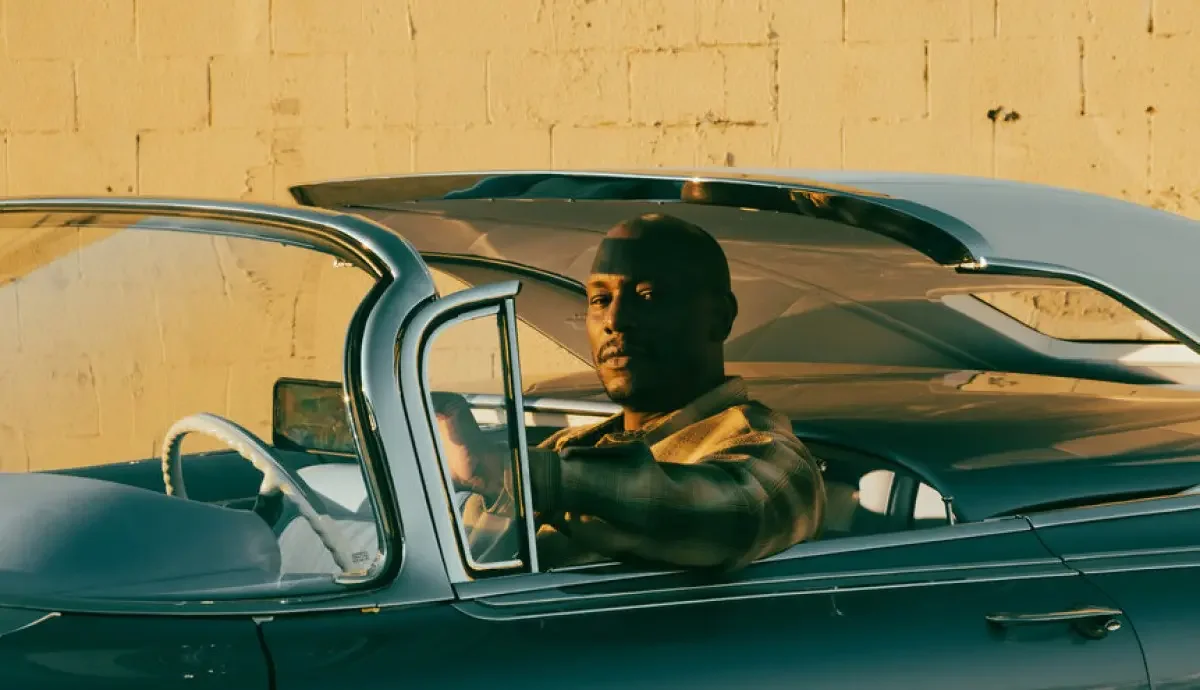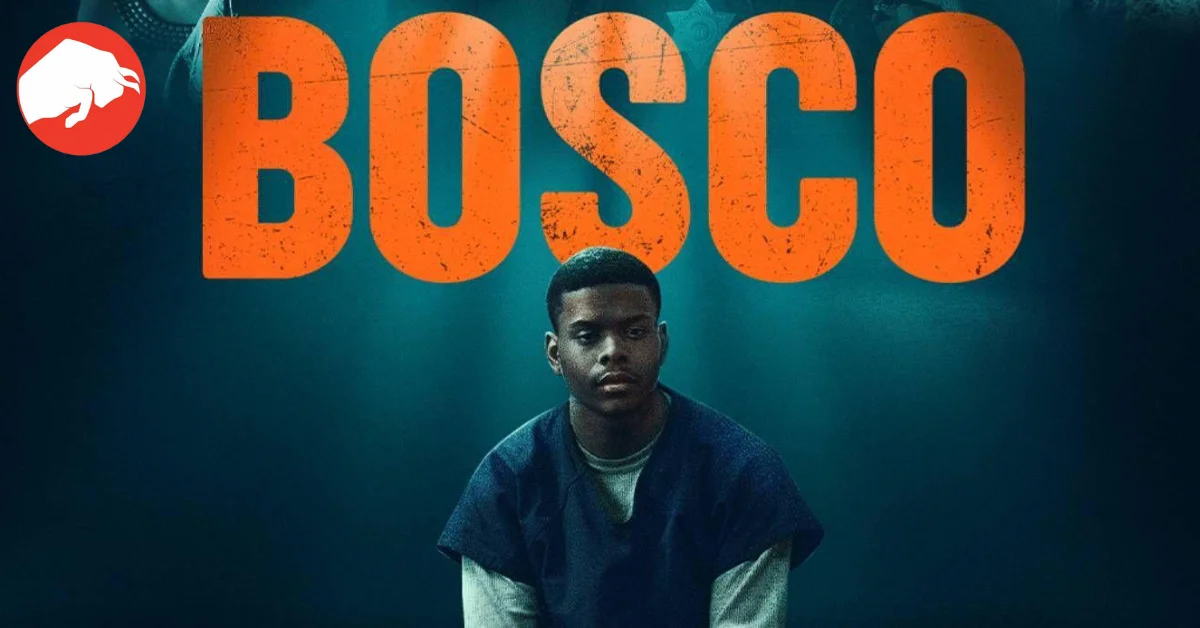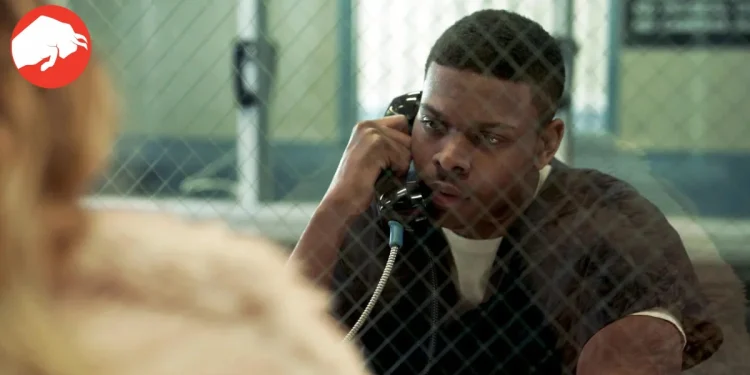In the realm of cinema, few stories captivate the imagination quite like those of daring escapes and the relentless pursuit of freedom. “Bosco,” a film that delves deep into the heart of such a narrative, stands out as a poignant exploration of what it means to be free. This drama thriller, based on the true-life events of Quawntay Adams, offers a gripping look into the life of its titular character, Bosco, as he embarks on a desperate quest to escape a maximum security prison. The objective? To witness the birth of his daughter and redefine his understanding of freedom.
The Heart of Bosco: Plot and Character Dynamics
At its core, “Bosco” is a story about resilience, relationships, and the lengths to which one will go for a taste of freedom. Bosco’s journey is not just a physical escape from the confines of a cell but an emotional odyssey to connect with his newborn daughter. The film intricately weaves Bosco’s present predicament with flashbacks and character interactions that enrich the narrative, making it a compelling watch.
“Bosco’s struggle within the maximum security prison, his interactions with a young woman met through a Lonely Hearts ad, and the eventual prison escape attempt, all serve as critical narrative pillars. As Bosco navigates the treacherous path towards freedom, he discovers that the concept extends beyond mere physical liberation.”

The Climactic Escape: A Test of Will and Fate
The film reaches its zenith as Bosco discovers a vent leading outside, setting the stage for a suspenseful escape. However, the plot thickens with unexpected twists, including the compassionate act by Ramos, a guard, and Tammy’s last-minute hesitance. These moments are pivotal, adding layers of complexity to the escape plan and highlighting the unpredictability of human emotions and actions.
“In a crucial turn of events, Bosco’s escape is not just a physical maneuver but a profound realization of the implications of his newfound ‘freedom.’ The film poignantly captures Bosco’s inner conflict and the realization that freedom comes with its own set of chains.”

The Aftermath: Reflections on Freedom and Responsibility
Post-escape, Bosco’s narrative doesn’t just end with a successful flight from captivity. It evolves into a reflection on the consequences of his actions, not just for himself but for those he loves. The film’s denouement, where Bosco decides to face the consequences of his actions, speaks volumes about the true essence of freedom. It’s not just about being unshackled from a physical prison but freeing oneself from the burdens of past choices.
“The epilogue, featuring footage of the real Quawntay Adams, adds a layer of authenticity and hope to the tale, showcasing his efforts to give back to the community and be a present father to his daughter. This resolution underlines the film’s central thesis – freedom is not just about escaping physical confines but about living a life of purpose and connection.”

Why “Bosco” Is a Must-Watch
“Bosco” is more than just a prison escape movie; it’s a profound exploration of the human spirit’s resilience and the complex quest for freedom. Directed with a keen eye for emotional depth by Nicholas Manuel Pino, the film successfully marries the tension of a thriller with the emotional depth of a drama, making it a standout addition to the genre.
“For audiences looking for a movie that combines heart-stopping moments with heartwarming revelations, ‘Bosco’ offers a unique cinematic experience. Its well-crafted narrative, superb acting, and thoughtful exploration of freedom and its many facets make it a compelling watch.”
In conclusion, “Bosco” is not just a film; it’s a journey through the human condition, exploring the depths of despair and the heights of hope. It reminds us that sometimes, the hardest prisons to escape are the ones we build for ourselves and that true freedom lies in facing our truths and living with purpose.









